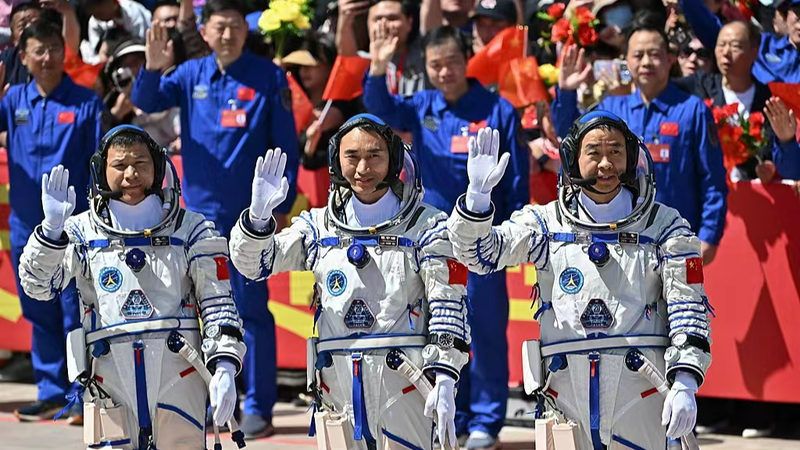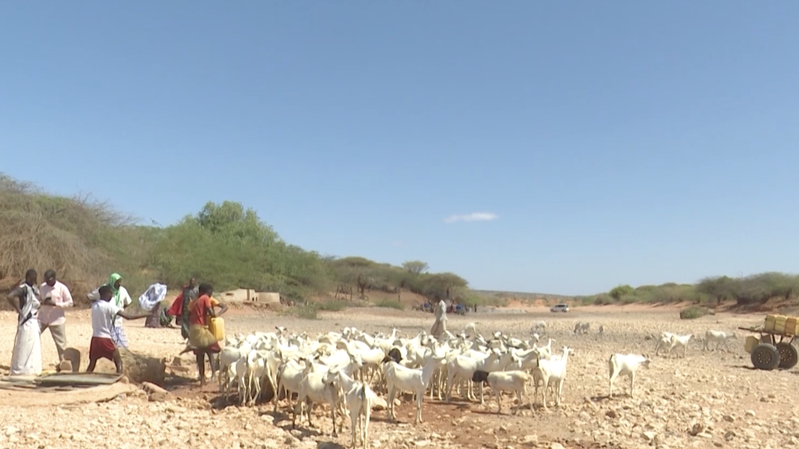Hey there, plant lovers and space enthusiasts! 🚀🌿
China's Shenzhou-17 manned spacecraft just touched down, bringing back more than just astronauts—it returned with some out-of-this-world seeds! 🌌🌱
For 11 months, forage seeds like alfalfa and oats hitched a ride aboard China's space station, soaking up cosmic rays in a radiation exposure experiment. Now, these space-traveled seeds are back on Earth and ready to shake things up in the world of agriculture. 🌾✨
The seeds were provided by the Lanzhou Institute of Husbandry and Pharmaceutical Sciences under the Chinese Academy of Agricultural Sciences. After some quick check-ups at the Technology and Engineering Center for Space Utilization, these cosmic seeds have been handed over to a team of researchers led by chief scientist Yang Hongshan. 🔬👩🔬
Yang's team has already started germination experiments. Their mission? To cultivate new super-forage varieties that boast higher yields, better quality, and stronger resistance. Imagine crops that are tougher, grow faster, and are more nutritious—all thanks to a little space vacation! 🌠💪
These innovations aren't just cool—they're game-changers. According to Yang, the research is set to give China's agricultural science and technology a major boost, paving the way for sustainable farming practices that could feed more people and use fewer resources. 🌍🥗
And get this—the team has already scored big with space-mutation breeding in the past. They've successfully developed three new kinds of alfalfa and one new oat variety, which are already making waves in production. Talk about leveling up! 🌾🔥
Who knew that the next big thing in farming would come from outer space? Keep your eyes peeled—these stellar seeds might just revolutionize the way we grow our food. 🚀🌽
Reference(s):
Seeds from China's space station applied in breeding experiments
cgtn.com




